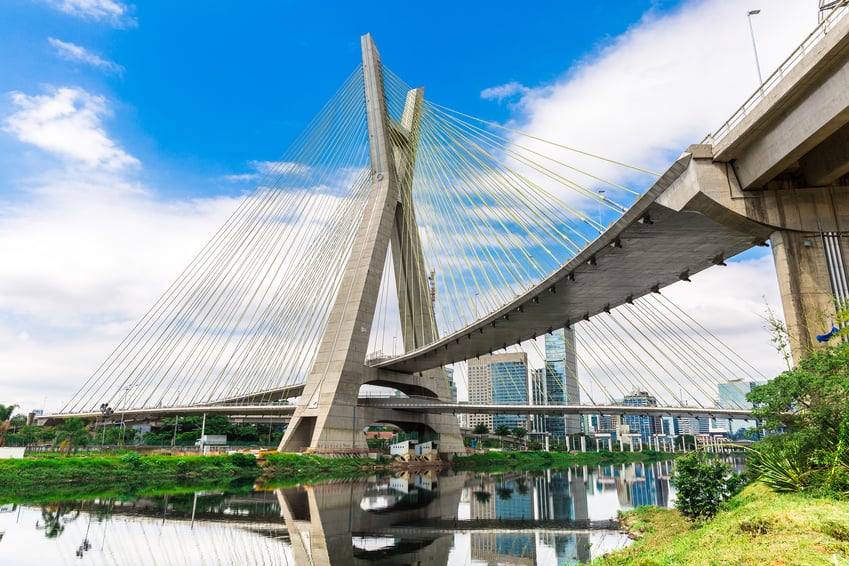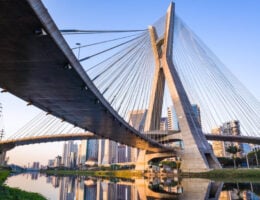Federal Law No. 14.904/2024 was published. The law establishes guidelines for the preparation of climate change adaptation plans, with the aim of guiding the implementation of measures to reduce the vulnerability and exposure to risks of environmental, social, economic and infrastructure systems, in the face of the current and expected adverse effects of climate change.
The Brazilian Institute of the Environment and Renewable Natural Resources (IBAMA) established a new way of calculating the Environmental Control and Inspection Fee (TCFA) and, as of the first quarter of 2024, the economic size to be declared by subsidiaries will be the economic size of the parent company and the subsidiary jointly, considering the annual gross income of the legal entity as a whole for the basis for calculating this fee.
On 9 February 2024, the Minas Gerais State Secretariat for the Environment and Sustainable Development (SEMAD in Portuguese) published Copam Normative Decision No. 249/2024, which defined the guidelines for implementing, operating and monitoring the take-back requirement systems in the state.
On 21 December 2023, the Brazilian House of Representatives approved the new text of Bill 2.148/15, which aims to create the Brazilian Greenhouse Gas Emissions Trading System, i.e., the regulated carbon market in Brazil. The text will still be sent to the Brazilian Federal Senate and could return to the House of Representatives if further changes are made.
Federal Decree No. 11,786/2023 was published on 21 November 2023, establishing the National Policy for Quilombola Territorial and Environmental Management (PNGTAQ). The policy aims to, among others, support and promote territorial and environmental management practices of quilombola communities, strengthen the territorial and environmental rights of these communities, and promote the implementation of public policies in an integrated manner and the conservation and sustainable use of biodiversity.
Countries are approaching plastics regulation in different ways. Measures that have been proposed and adopted vary and include imposing plastic taxes, bans on single-use plastics, microbead bans, deposit return schemes, and consumer charges to discourage consumption (e.g., carrier bag charges). At an international level, in 2022, a UN resolution was endorsed to end plastic pollution and propose an international legally binding agreement by 2024.
On 5 June 2023, Federal Decree Nos. 11,546, 11,547, 11,548, 11,549, and 11,550 were enacted, setting forth provisions related to climate change.
Two new regulations were published on 13 February 2023. The regulations, which directly impact the business sector, are the following: (i) Federal Decree No. 11,413/2023, which established three new reverse logistics credit certificates at the federal level: the Reverse Logistics Recycling Credit Certificate, the Certificate of Structuring and Recycling of Packaging in General and the Future Mass Credit Certificate; and (ii) Federal Decree No. 11,414/2023, which reinstituted and reformulated the pro-scavengers program, subject of former Federal Decree No. 7,405/2010, revoked in 2020.
On 1 February 2023, State Decree No. 112/20231 was published, establishing the take-back requirements system for packaging in the state of Mato Grosso. The decree is the first specific regulation on the subject in MT, regulating the state policy for solid waste (Law No. 7,862/2002) in this regard.









